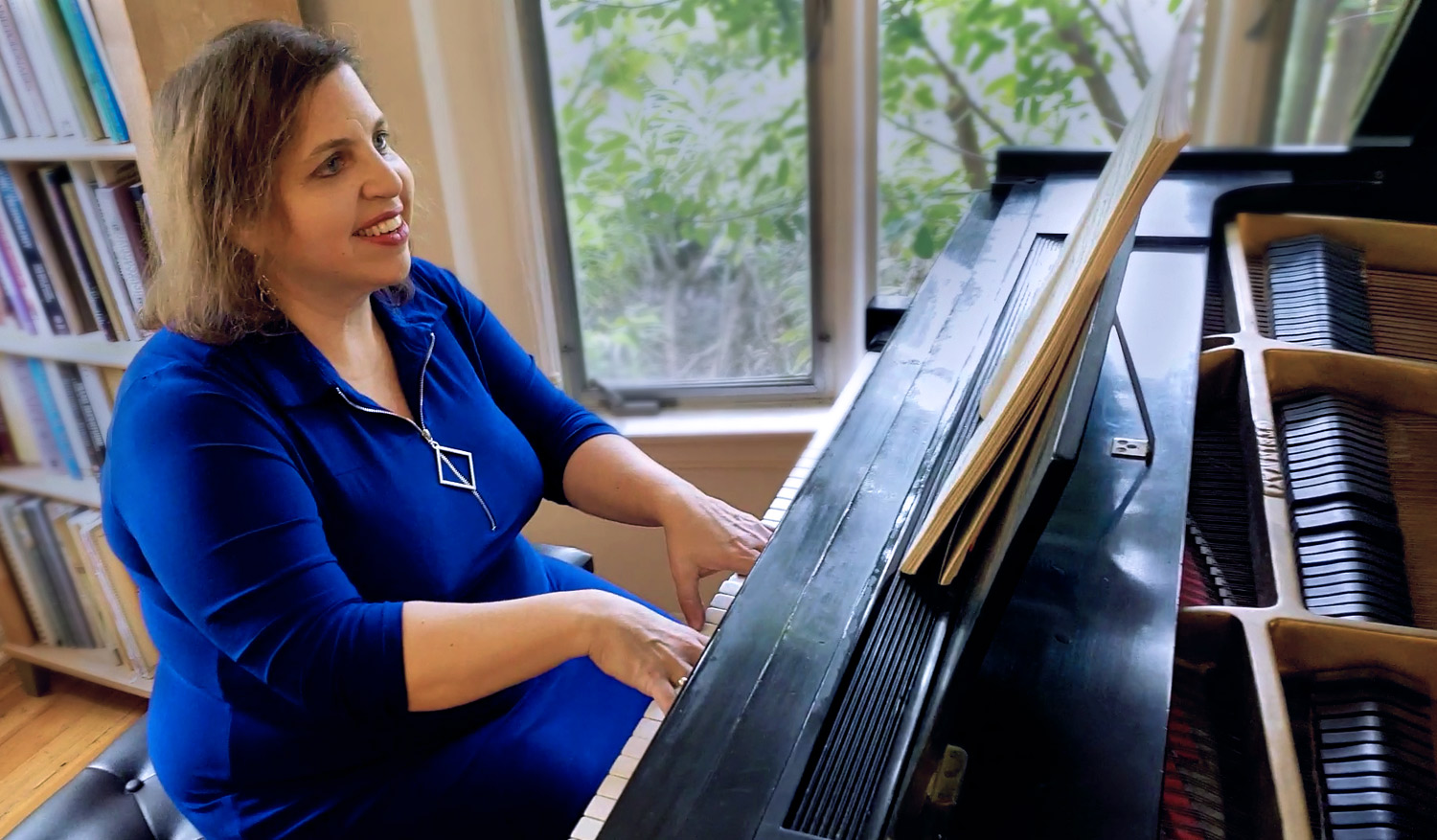Practice Tips
I know that piano practice can be hard sometimes. But practicing your piano skills makes them better. And when your skills get better, playing the piano becomes even more fun than it was before! Below are some tips for making the most of your practice time. If you have found another trick to making practice time more fun and worthwhile, let me know; I'd love to hear about it!
1. Practice on a regular schedule
Try to practice at the same time every day (for example, immediately after dinner or right before you go to bed at night). This way, it will become part of your daily routine and you won't forget to do it.
2. Go over your assignment right after your lesson
The best time to practice is right after your piano lesson. That way, everything that we spoke about at your lesson will be fresh in your mind. The worst thing you can do is only practice the day before your next lesson (or - even worse - an hour before), because by then you’ll have forgotten everything that we worked on together.
3. Don't let three days pass without practicing
It is best to practice every day, but it’s okay to skip a day here and there if something comes up. But if you skip a day, make sure to practice the next day. You should never let three days go by without reviewing your pieces.
4. Review different parts of your assignment
You don’t have to practice the entire piece every day. Perhaps one day you’d like to concentrate on just one line of a song instead. That’s fine; just remember to concentrate when you practice. Don't just mindlessly repeat that one line ten times without really paying attention to what you’re doing.
5. Double-check the notes and rhythms
Repetition is the best way to improve your performance of a piece, but when you begin practicing a new piece you should make sure you’re playing all of the notes and rhythms correctly. If something sounds wrong, don’t assume you’re playing it right; stop and check your notes.
6. E-mail or call me if you have trouble
If you’re having trouble with a particular section of your piece, e-mail me about it. I may be able to clear up your problem before your next lesson.
7. Practice even the pieces you don't like
If you don’t like a piece that you’ve been assigned, the worst thing you can do is not practice it. Just grit your teeth and play it five or ten times to make sure that you pass it at your next lesson. If you don’t practice it, you won’t improve and you can be sure it will be assigned for another week!
8. Pay attention to the way you sound
Listen to yourself while you practice and try not to get distracted by what’s going on around you. Put down your phone, turn off the TV, ask your little sister or brother to leave the room for a while, and keep pets away so you don’t lose your concentration while practicing.
9. Faster does not mean better
Practicing SLOWLY is better than practicing fast. When you practice slowly, you have more time to think about what you’re doing and you’ll play more accurately. You can always speed up your piece later, when you’re more comfortable playing the notes.
10. Devote at least ten minutes a day to practicing
Try to practice at least 10 minutes per day. If you miss a day, try to play for 20 minutes the next day. For every six months to a year that you’ve been playing the piano, add five more minutes per day. Remember, 10 minutes is not a lot of time! Your favorite TV show is probably 30 minutes long. You can even practice during each commercial and it’ll add up to 10 minutes.
